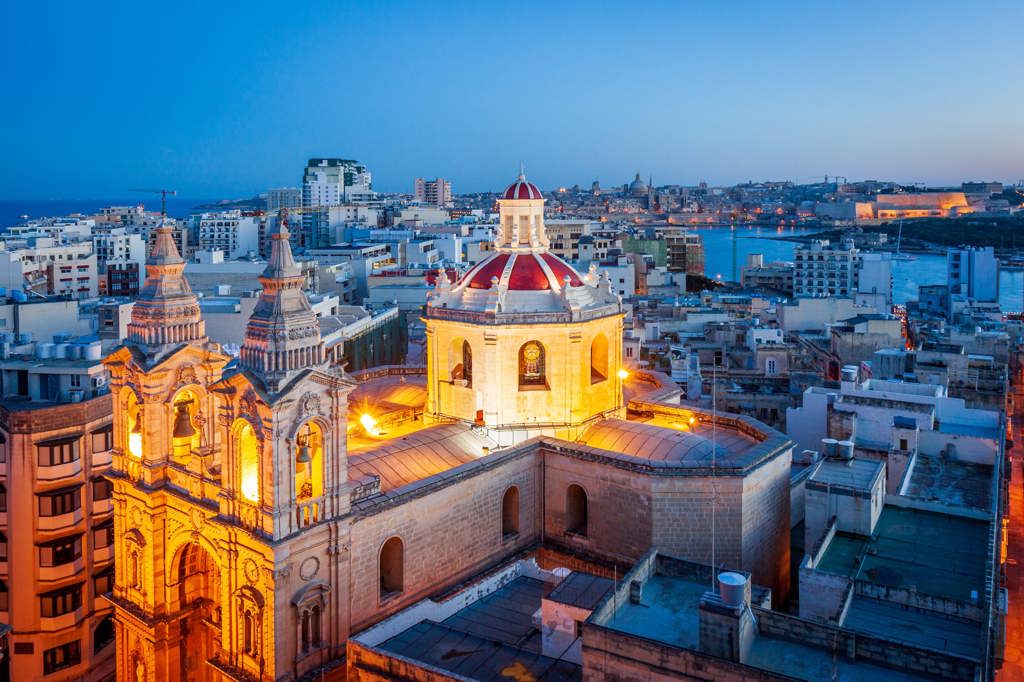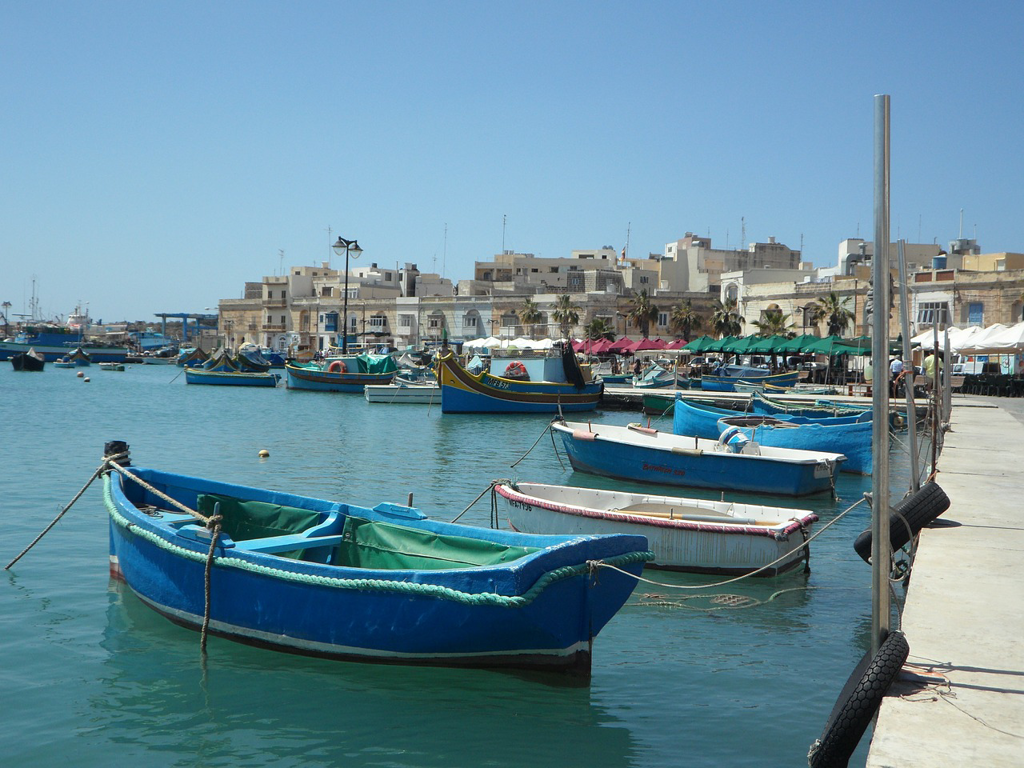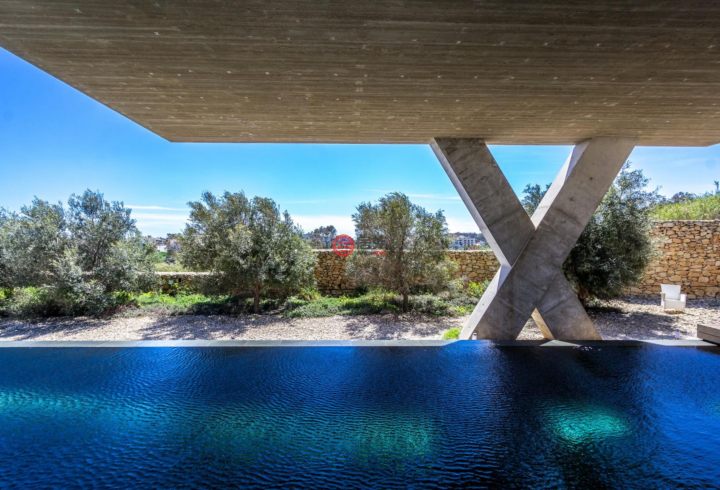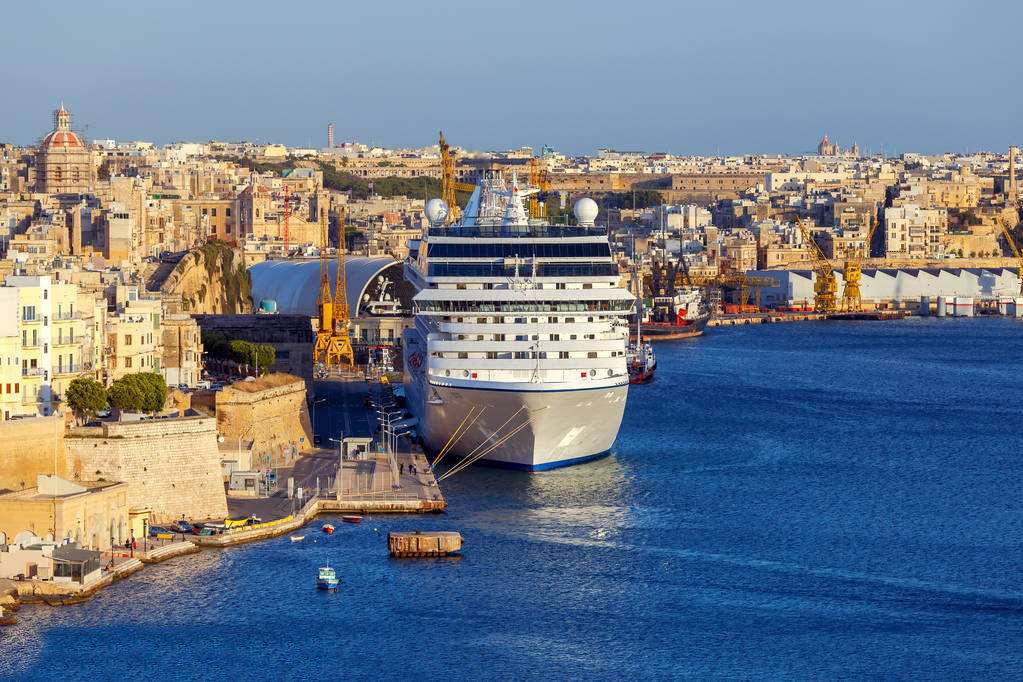Malta’s Citizenship-by-Investment May End Soon — Why Its Permanent Residency Still Holds Unique Opportunities
Malta’s celebrated citizenship-by-investment program faces termination following an EU court ruling, signalling a broader shift in...
On 30 June 2025, Malta’s Ministry for Home Affairs submitted a significant amendment proposal to Parliament, targeting the country’s nationality laws. This marked the formal beginning of a review process that could dismantle its long-standing citizenship-by-investment programme, widely known as the “golden passport” scheme.
Though the precise wording of the amendment remains unpublished, the ministry has confirmed the changes respond directly to the European Court of Justice’s ruling in case C-181/23. The verdict obliges Malta to bring its citizenship policy in line with EU law — or face infringement proceedings and potential heavy fines from the European Commission.
This development is not just about Malta. It reflects a deeper shift in Europe’s immigration philosophy, moving away from purely capital-based entry toward a “genuine connection” standard.
The Decline of the ‘Golden Passport’ Era
Malta’s golden passport programme was once straightforward: invest a minimum of €600,000 through a government contribution, meet certain property requirements, and obtain citizenship — without the need for residence. This offered EU-wide mobility, work rights, and access to 27 member states’ benefits.
But from its inception, the scheme drew sharp criticism. Brussels argued it commodified EU citizenship, undermined mutual trust among member states, and created potential avenues for money laundering, tax evasion, and identity misuse. While Malta maintained that nationality decisions fall within national sovereignty, the 2024 ECJ ruling declared the practice incompatible with EU principles, ordering reforms or outright termination.
Malta now joins a growing list of countries retreating from investment-based citizenship. Cyprus ended its programme in 2020, Bulgaria followed in 2022, and Ireland shut down its long-running investment residency scheme in 2023. Even golden visa staples like Portugal and Spain have closed real estate investment routes. The EU’s stated aim is clear: by 2025, such programmes should be phased out entirely.
From Capital-Driven to Connection-Based Immigration
Across Europe, the emphasis is shifting from financial thresholds to real integration — residency, tax contribution, language skills, and genuine local ties. The once-popular “buy your way in” approach is losing favour, replaced by pathways that reward long-term commitment over instant access.
For would-be applicants, this means one thing: the window is closing. The rare, still-open, and stable options — such as Malta’s Permanent Residence Programme — are increasingly valuable.
Why Malta’s Permanent Residence Programme (MPRP) Stands Out
Unlike the citizenship route, Malta’s MPRP does not grant nationality, but it offers permanent, indefinite residency rights — and visa-free travel across 29 Schengen states. The advantages are notable:
Low entry requirements: No language, education, or business experience prerequisites.
No residency obligation: No “immigration clock” or physical stay requirement.
Flexible investment options: Choose between property purchase or rental.
Multi-generational coverage: One application can include up to five generations of family members.
For many families, this balance of security, flexibility, and inclusivity is unmatched in Europe.
A Strategic Base for Education, Healthcare, and Business
Malta offers more than just residency rights. It combines an English-speaking environment with an internationally respected British-style education system — making it attractive for families aiming for UK or US university pathways.
Its healthcare ranks among the top five globally, while the country’s pro-business tax regime — with effective corporate tax rates as low as 5% — attracts entrepreneurs seeking a stable EU base. For those planning retirement in the Mediterranean or expanding their company footprint into Europe, Malta remains a low-risk, high-benefit option.
Final Thoughts: The Scarcity Factor
As the EU tightens its stance on investor migration, the concept of residency and citizenship “on demand” is fading fast. In its place, we see policies rewarding commitment, community ties, and long-term value creation.
For high-net-worth individuals seeking a secure, flexible, and multi-generational European foothold, Malta’s permanent residency offers a rare opportunity — one that may not last much longer. In the shifting tides of European immigration, acting during this window of stability could mean the difference between securing a future in Europe and missing the final boat.






相关文章
Malta: The Mediterranean Gem Winning Over Global High-Net-Worth Families
Nestled in the heart of the Mediterranean, Malta is emerging as a prime destination for high-net-worth families seeking stability,...
Malta’s Citizenship-by-Investment May End Soon — Why Its Permanent Residency Still Holds Unique Opportunities
Malta’s celebrated citizenship-by-investment program faces termination following an EU court ruling, signalling a broader shift in...
Malta’s Permanent Residency Programme Revamped: Temporary Residence, Flexible Property Use, and Family-Friendly Costs
On 22 July 2025, Malta announced sweeping reforms to its Permanent Residency Programme (MPRP), streamlining applications and reducing...
Malta Permanent Residency: Your Golden Ticket to the EU Job Market
As EU countries tighten immigration routes, Malta’s permanent residency stands out with its freedom to work, supportive integration...